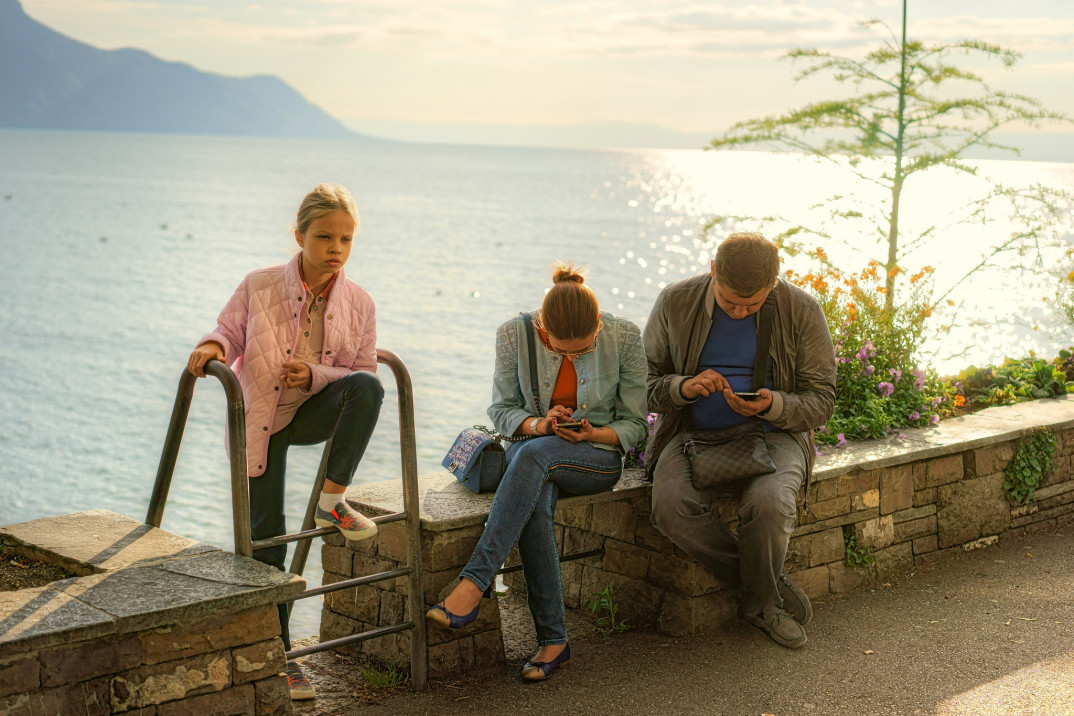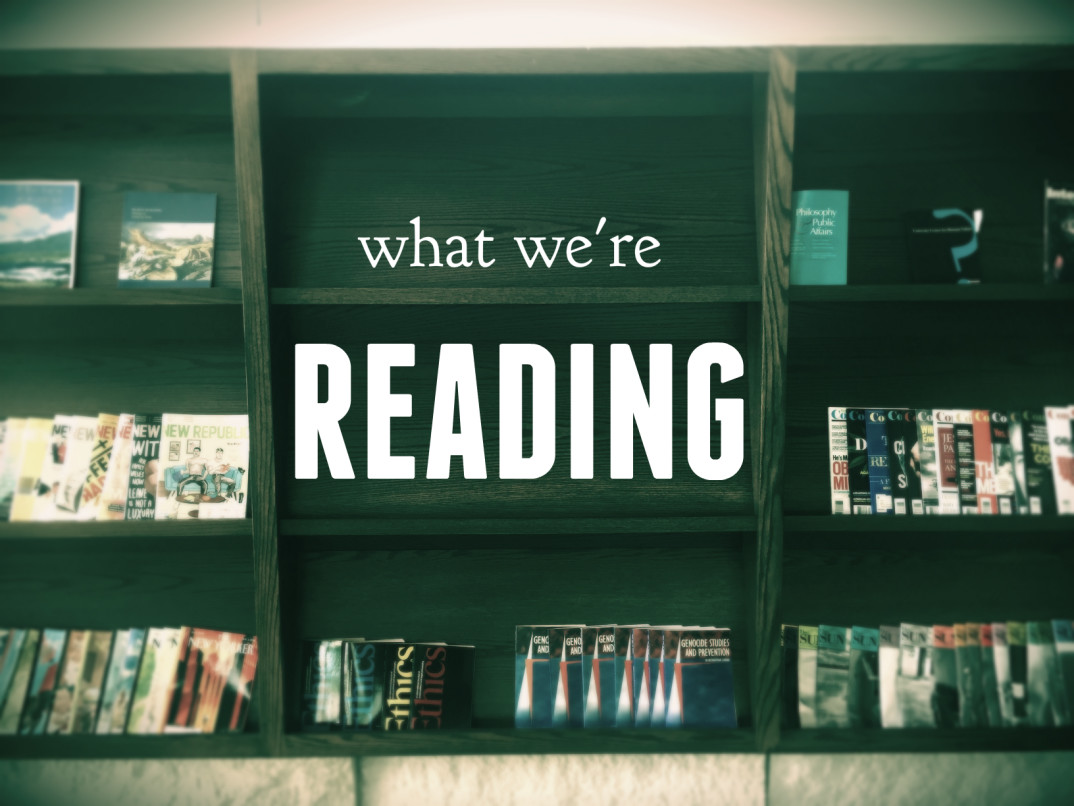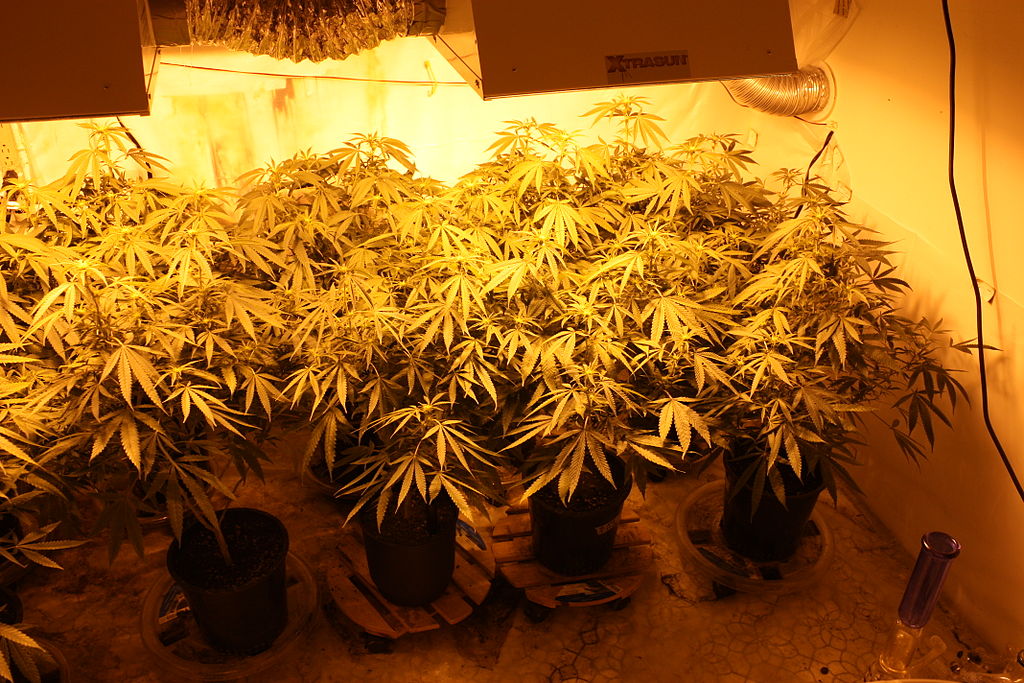We live in a digital age in which humanity has the ability to connect in ways heretofore only imagined in science fiction. Anyone over the age of 30 has surely cringed with embarrassment as our parents shared our baby pictures with household guests. Now, parenting and parental sharing is a regular part of our online experience. Unlike those photo albums, parental posts on social media never truly go away. Backups in digital archives, cached files, or mirrors ensure that our best and worst moments are forever enshrined in some form or another, accessible to anyone with Google and a bit of patience. Social shaming and parental broadcasts of punishments are a different kind of sharing.
The suicide of Isabel Laxamana followed her father shaming her on social media and prompted a backlash of people speaking out against the ills of parental shaming. When and to what extent should parents use social media to “shame” their children? In light of what is certainly a tragedy, many parenting blogs claim that parents should never shame their children on social media. The focus of media attention has been on whether this kind of punishment is unfair for the child, but what about the challenge of parenting in the age of social media?
Parents too are brought under the microscope with every parenting decision they make. Consider the recent example of Marcy’s Diner in Portland, Maine. A couple had a small child that was crying while they waited for their food, the owner hinted several times that they might want to take the child out of the restaurant while they wait for their food, when the parents declined to do so and the child continued crying, the owner snapped and screamed at the child. Whether it’s taking a crying child out of a diner or waiting for your food in the restaurant, social media allows everyone with a smart phone or a computer connection the ability to weigh in on the proper course of action. Many people defended the restaurant owner, claiming the parents should have known better and offered advice to keep the baby quiet. Further, many labeled the child as a “brat”. Being part of an ever-growing online community means parents are now held under the microscope of countless, sometimes nameless, others who have honed in on a singular action that is now defining their life as a parent. Yet, many acts of shaming on the part of parents are voluntarily posted and shared in the blogosphere—in this way, the parents themselves are inviting the feedback, ridicule, and normative assessment of their decisions.
Parenting in public, then, takes (at least) two forms. On the one hand, there are those moments such as the Marcy’s Diner example where the public takes up a singular decision made by a parent on social media platforms. On the other hand, there are the acts of public shaming instigated by the parent(s) and shared voluntarily on social media. It seems that in the latter case that is of particular concern, since the parent is sharing the content voluntarily. What makes it worrisome are the short and long-term consequences of the post.
Parental shaming is not akin to sharing embarrassing family moments (baby bathtub photos, videos where children do something embarrassing but do not realize it, e.g.). These kinds of “shares”, which may cause mild embarrassment if uncovered by a future significant other or future coworker, will not live on in infamy.
As the colloquialism goes, it may take a village to raise a child, however online communities are no villages. They are not communities in the genuine sense of the word and the online community has an eternal, perfect memory. When a child is shamed in their neighborhood, assuming the slight is not too severe, they outgrow the infamy of the shaming (i.e., they might be teased for one week or so, but the issue eventually fades as memory does). Before a parent shames a child online, they might ask themselves a series of practical questions: Am I confident that this shame should follow my child for the next year, five years, 20 years? Do I want my child’s future boss to see this? What do I want to gain by this post; could these ends be achieved by emailing family, bringing others in the community into the conversation in a direct way? These kinds of questions will help clarify the kind of permanence that online shaming carries with it.




